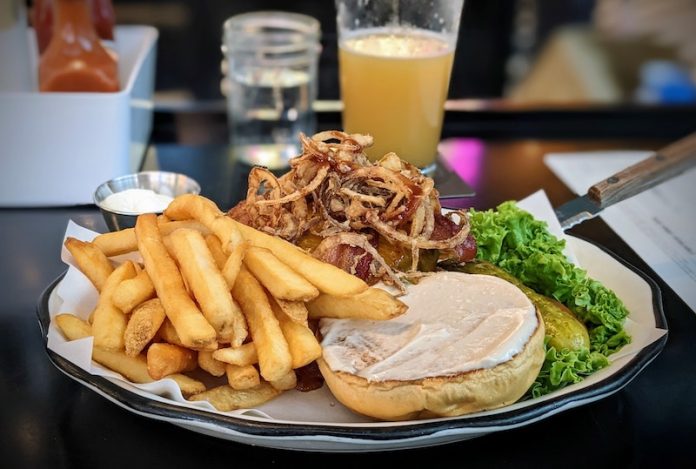
Western diets often have too much fat. To be specific, they’re heavy on saturated fats, found in foods like butter, cheese, and red meat.
Overeating these foods has led to an obesity crisis and a spike in diabetes cases.
When we eat too much-saturated fat, our blood carries high levels of free fatty acids. These acids can cause inflammation throughout our body.
A Painful Discovery
Scientists from The University of Texas at Dallas have made an interesting discovery.
They found that a high-fat diet could lead to pain, even if you’re not obese, diabetic, or injured. In short, it means that too much fat in your diet can make you hurt.
The Experiment
The researchers took two groups of mice for their study. One group ate normal food, while the other ate a high-fat diet for eight weeks.
But the high-fat diet wasn’t enough to make the second group of mice obese or give them high blood sugar. Those are conditions known to cause pain.
Still, the scientists found that the high-fat diet caused changes in the mice. The mice became overly sensitive to pain, a condition called hyperalgesic priming. They also developed allodynia, where normal things that shouldn’t cause pain suddenly do.
The Culprit: Saturated Fats
The researchers looked at the blood of the mice who ate the high-fat diet. They found lots of palmitic acid, a type of saturated fatty acid that’s common in animals.
It turns out that palmitic acid can bind to certain receptors on our nerve cells. When that happens, it causes inflammation and mimics an injury to the nerves.
Looking Ahead
The next step for the researchers is to dig deeper into the nerve cells themselves. They want to understand how these cells get activated and how any damage to them can be reversed.
It’s all part of a bigger goal to understand how acute, or short-term, pain can turn into chronic, or long-term, pain.
The team also hopes their work will make healthcare professionals think about the role of diet in pain management.
If you’re interested in diabetes, check out some studies on potential cures for type 2 diabetes, and how a certain hormone could be driving the disease.
And for more on COVID-19, you may want to read up on how 40% of COVID-19 survivors end up with a new disability.
Also, there’s promising research showing that an existing drug might be able to prevent death from COVID-19.
This study, led by Dr. Michael Burton, was published in the Scientific Reports journal.
If you care about pain, please read studies about vitamin K deficiency linked to hip fractures in old people, and these vitamins could help reduce bone fracture risk.
For more information about wellness, please see recent studies that Krill oil could improve muscle health in older people, and eating yogurt linked to lower frailty in older people.
Follow us on Twitter for more articles about this topic.
Copyright © 2023 Scientific Diet. All rights reserved.





